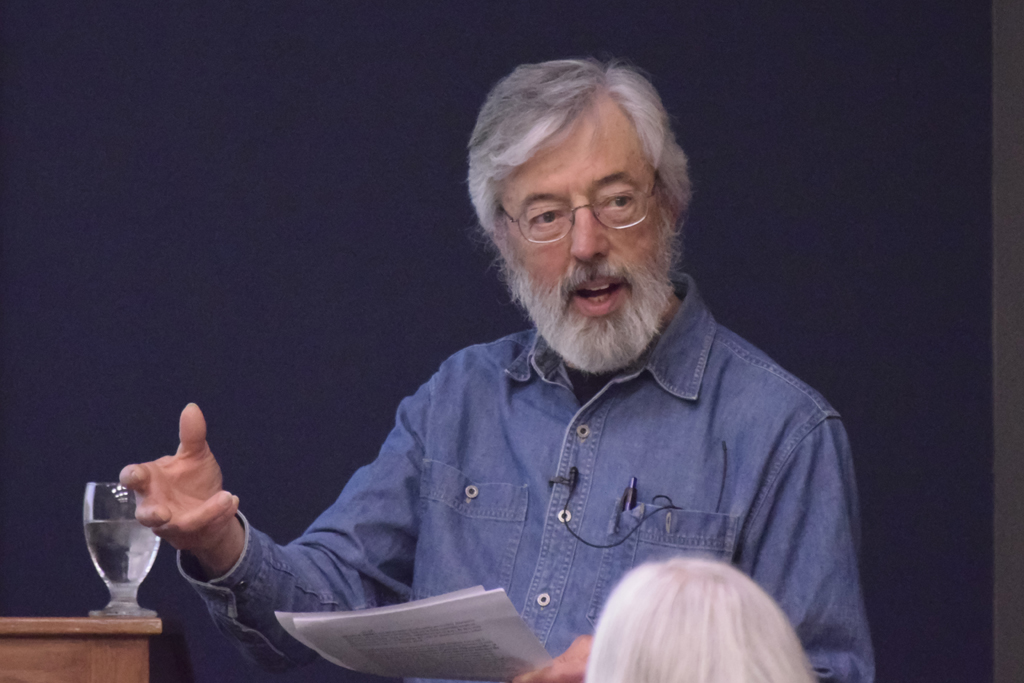Humility as Opening to Others: Exemplar-Mediated Reconfigurations of the Self
Abstract
The talk will engage distinctive contributions of the virtue of humility to the communal life of L’Arche communities, and of these communities’ practices to our understanding of humility. Long-term, dedicated Assistants in L’Arche feature a remarkable and special kind of openness to other members that facilitates loving encounter consistent with Jean Vanier’s writings on Christian love. The practices in L’Arche work against vices of pride such as arrogance, conceit, snobbishness, and self-righteousness, which all derive from egoistic, atomistic barriers to spiritual communion. These barriers are shields, partitions, divides between persons, counter to the relationships that characterize life in L’Arche. While more or less expected or typical in most human relationships and human systems, there is a striking absence of these dividers in L’Arche. We propose that this absence facilitates what humility is when combined with love: an openness to perceiving and valuing self and other together, in conformity with the mind of the exemplar. The ontology, or fundamental teleological nature of the self that justifies and makes humility possible, in combination with love, is that the self is essentially self-transcendent. In particular, it is made to transcend itself “into” the other, for the sake of the other, in benevolent service. It is also that the value that the vices of pride prescribe for the self is false. We will present several empirical lines of evidence expanding on this analysis. Bayesian cognitive modeling and model selection show that senior L’Arche Assistants unite their self-valuation with their valuing of others in decisions that are both courageous and conventionally costly. Linguistic analyses show that Assistants semantically join valuation of self and other, compared to a control group that is matched for self-reported gender, empathy, prosociality, and personality. Finally, we will present preliminary neuroimaging investigations using dense array EEG to determine whether these reconfigured models of the self associate with default-mode and perceptual networks in the brain.
Collections
- Moral Self Archive [59]
The following license files are associated with this item:

